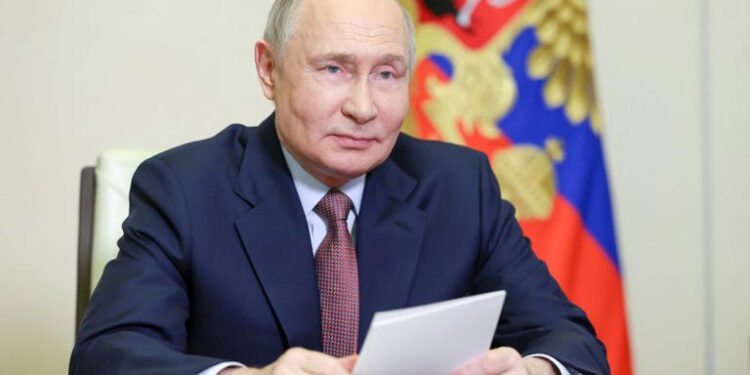The drama continues to unfold as Nollywood actress and filmmaker, Omoni Oboli, has joined her colleagues, Bimbo Ademoye and Juliet Ibrahim, in calling out Ghanaian television stations for unauthorized broadcasting of their films.
In a strongly worded Instagram post, Omoni Oboli condemned the unauthorized airing of her recently released film, “Twin Deception,” by certain Ghanaian TV stations.
She revealed that her movie, which debuted on her official YouTube channel on Friday, was shown on a Ghanaian TV station that same day without her consent.
“I love my Ghanaian besties. I really do. Ghanaians are our cousins, and cousins don’t fight. We banter, but at the end of the day, it’s all love. You see this issue of terrestrial Ghanaian TV stations showing our movies, it’s utterly shameful.”
Omoni Oboli
Oboli emphasized that this was not an isolated incident and that she had been working quietly with some Ghanaian authorities to end the piracy.
“It was my birthday yesterday, and I was having a chilled day at home, so I didn’t want to address this. The truth is, I have been working behind the scenes with some Ghanaian agencies to end this menace once and for all, but now it’s quite obvious that some people don’t even understand that it’s actual theft.”
Omoni Oboli
She also rejected the idea that showing her movie without permission is a form of promotion, calling it clear theft.
“You are not promoting my film if you rip it off my YouTube channel (without licensing and permission) and show it on your TV station. You are stealing from me for your own personal gain. Do you get it now? There’s no world in which that is a good thing. It’s actually punishable by law.”
Omoni Oboli
Omoni Oboli went further to appeal to President John Dramani Mahama, whom she tagged in her post, calling on him to intervene in what she described as a growing embarrassment for Ghana.
This isn’t the first time Omoni Oboli has spoken out against content piracy. Earlier this year, she raised similar concerns about the unauthorized use of her films by certain television stations, stressing the need for stricter enforcement of copyright laws across the continent.

Oboli’s comments come shortly after fellow Nollywood filmmaker Bimbo Ademoye called out Ghanaian stations for airing her movies without permission.
Ademoye accused some Ghanaian TV stations of illegally streaming her movies on their platforms. In a video posted on her official social media platforms, she expressed her frustration over the unauthorized use of her movie title and poster by some YouTube channels, prompting her to take swift action.
Ghanaian actress and filmmaker Juliet Ibrahim also joined the conversation, expressing her frustration with some Ghanaian media houses fond of pirating their intellectual properties.
She specifically named Pemsan TV for unlawfully rebroadcasting her films, which she originally and legally uploaded to her YouTube channel, Juliet Ibrahim Studios.
The situation has since prompted responses from public figures, including Sam George, Member of Parliament, and Kafui Danku, Executive Secretary of the National Film Authority, both of whom have assured affected parties of steps to resolve the matter.
Ghanaian Actresses Support Omoni Oboli in Piracy Outcry

The controversy over unauthorized broadcasts of Nollywood films by Ghanaian TV stations took a new turn, as respected Ghanaian actresses Martha Ankomah and Salma Mumin have thrown their support behind Nigerian filmmaker Omoni Oboli, who recently condemned the illegal airing of her latest movie.
Reacting to Omoni’s post, Martha Ankomah wrote: “I totally agree with you.”
“You really have to take them on this time. They do that all the time, and it’s so frustrating.”
Martha Ankomah
Salma Mumin, actress and businesswoman, also voiced her disapproval of the Ghanaian station’s actions, writing: “I’m a Ghanaian actress but this is a big No! This is your intellectual property and you have every right to take immediate action they know this is wrong!!!”
The support from these Ghanaian creatives has been widely praised by fans and industry players, as it underscores the need for unity in protecting African content and creative rights across borders.





















